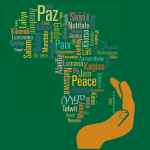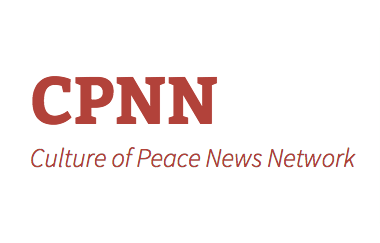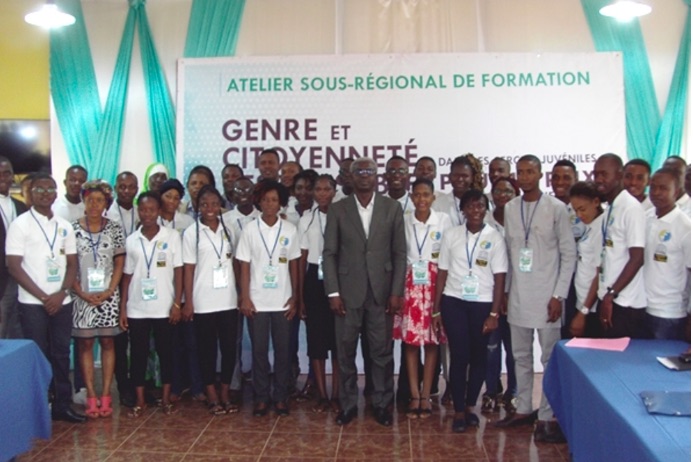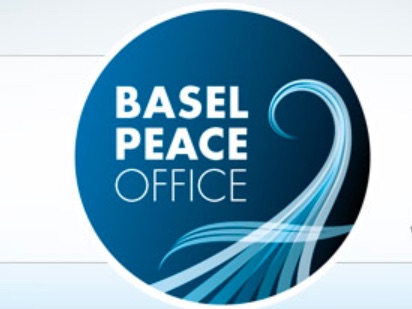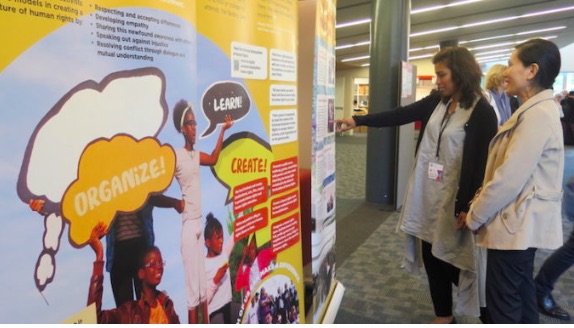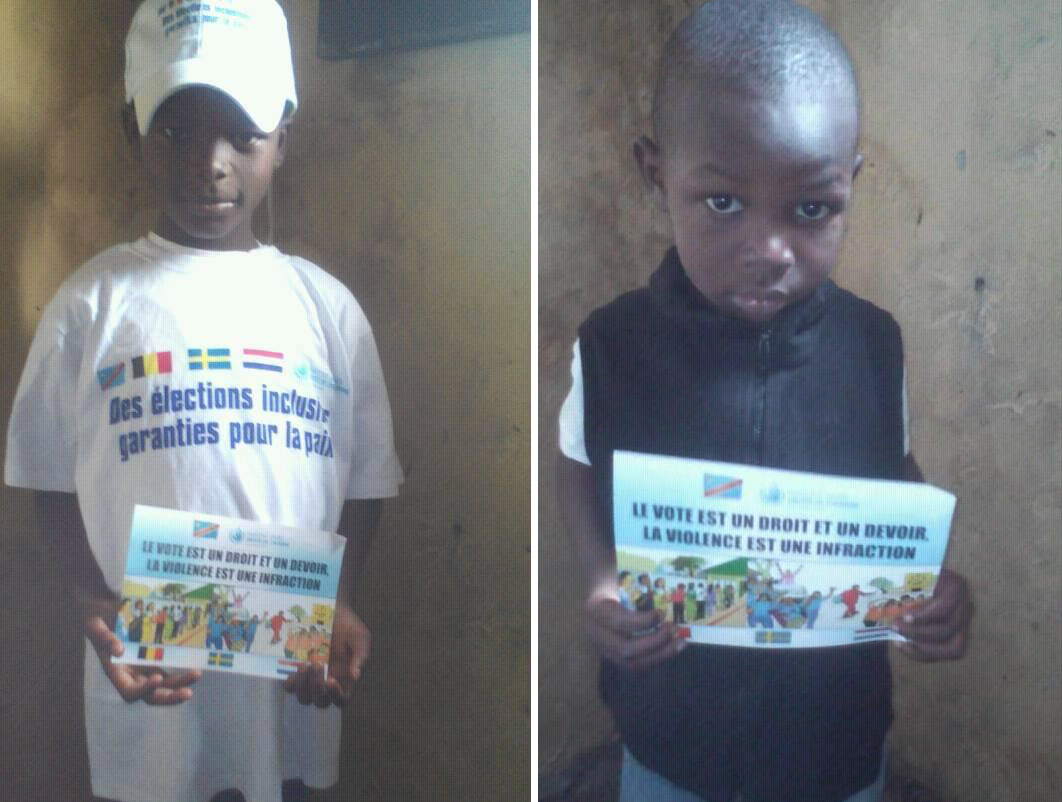SLOW NEWS: PEACE EDUCATION
Several years ago we updated the rules for CPNN articles to say that “unlike in the commercial media they do not have to be ‘breaking news.’ Instead, they may reflect the ‘slow news’ of processes that develop slowly over long periods of time.” The reasoning for this was expressed in an article about CPNN in the Journal of Peace Education: “The commercial media emphasize ‘fast news’ or what they often call ‘breaking news.’ This tends to ignore or mask the fundamental processes that make for deep historical change. The processes of historical change accumulate slowly over time. Only rarely do the contradictions arrive at a point of rupture or revolution, at which time events may take place very rapidly.”
In the past two and a half years, CPNN has carried 58 articles about peace education coming from over 40 countries in all regions of the world. This is “slow news.” And n the last month alone CPNN has carried 8 articles concerning peace education, coming rom all regions of the world:
West Africa
Since 2008 the countries of West Africa (Benin, Burkina Faso, Cabo Verde, Côte D’ivoire, The Gambia, Ghana, Guinea, Guinea Bissau, Liberia, Mali, Niger, Nigeria, Senegal, Sierra Leone and Togo) have worked together in a Conflict Prevention Framework. This year’s Plans of Action for the Framework were launched on the 28th of January 2019 at the ECOWAS Commission headquarters, in Abuja, Nigeria. The components are early warning, preventive diplomacy, democracy and political governance, human rights and rule of law, media, natural resource governance, cross-border initiatives and security governance, Women, peace and security, youth empowerment, ECOWAS Stand-By Force, Humanitarian assistance, peace education (Culture of peace) as well as its Enabling Mechanism.
Most of the ECOWAS countries were also represented at a meeting of 100 young people on January 22 in Lomé, Togo, with the theme, “Gender and responsible citizenship in youth circles for peace in West Africa.” The training includes conflict prevention and the culture of peace, civic democracy, and the notion of female leadership in the African context.
Southern Africa
Lesotho has an ongoing program of Developmen for Peace Education (DPE). Of special interest is their emphasis on student democracy, which could well serve as a model for the rest of the world. A total of 12 schools in the 8 DPE areas are ready to have students’ elections in the first quarter of 2019. This shall be preceded by leadership orientation on peaceful school model for teachers and principals. An interesting example is one of the campaigners who used teachers’ dodging of classes as his campaign message. “he stated that he is going to ensure that a teacher who may miss his/her lessons will pay for those lessons missed…… that made every teacher to attend lessons to avoid further embarrassment ….”
Philippines
Peace education is among the top priorities in the new Bangsamoro government that is trying to bring peace to a region long torn by civil war. “Kung gusto natin ng kapayapaan, simulan natin sa silid-aralan (If we want peace, let’s start in the classroom).” was emphasized by Commissioner Susana Anayatin of the Bangsamoro Transition Commission. “The Bangsamoro Government shall institutionalize peace education in all levels . . . such as respect for human rights, conflict resolution, alternative dispute resolution, and environmental care,”
Cyprus
The 2019 International Institute for Peace Education (IIPE) will be held in Nicosia, from July 21 to July 28, 2019. Themes will include the interaction of peace education with history, political theory, conflict studies, reconciliation, the philosophy of peace, justice, and democracy in challenging times.
Mexico
With the objective of sensitizing Mexican teachers about the importance of the process of peaceful conflict transformation within the classroom and school, the Secretary of Education of the State of Mexico, through the Council for School Coexistence ( Convive), has launched the program “Learning to live together in a culture of peace” in more than 800 schools. By the end of by 2019, all schools in the state will have material tp strengthen the teaching task to promote a culture for peace. In addition, training sessions will be conducted for school leaders in each of the regions of the State of Mexico.
Mauritius
Promotion of peace and peace education through schooling: Perspectives and experiences of girls and boys in Mauritius. This is the subject of a doctoral thesis by Priya Darshini Baligadoo. The research brings together various philosophies of education and peace for the promotion of peace education including the theories of M.K. Gandhi, Rabindranath Tagore and Maria Montessori.
USA
The Appalachian Peace Center in Virginia and Tennessee continues its 36 years of activity for peace and justice with celebrations this month celebrating the contributions of Martin Luther King.
No doubt, the preceding sample is but a small part of the peace education activities taking place every day around the world. Hopefully, this process will continue to accumuate over time and contribute eventually, by preparing youth for their future responsilbity, to a deep historical change.
| EDUCATION FOR PEACE
|
SUSTAINABLE DEVELOPMENT
Greta Thunberg: My Message to Davos Elites: Act As If Our House Is on Fire. Because It Is. |
WOMEN’S EQUALITY
|
FREE FLOW OF INFORMATION |
| DISARMAMENT AND SECURITY
Mayors and parliamentarians call on Russia and the U.S. to preserve the INF Treaty |
HUMAN RIGHTS
Australia: Conference Calls for Mainstreaming Human Rights Education |
TOLERANCE AND SOLIDARITY
Pakistan: 500 Muslim Leaders Sign Islamabad Declaration |
DEMOCRATIC PARTICIPATION
Democratic Republic of Congo: Activities Report of JFDHOP during the 2018 elections |
